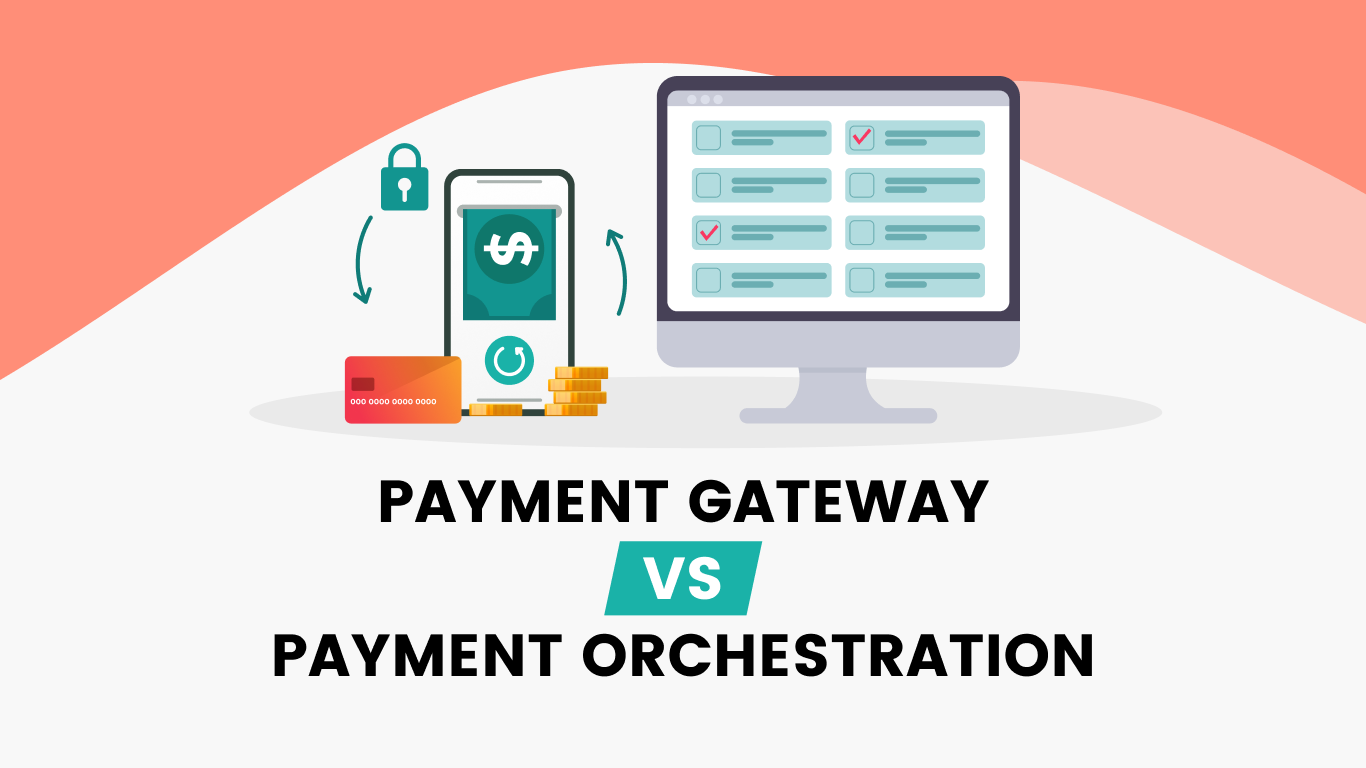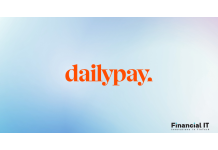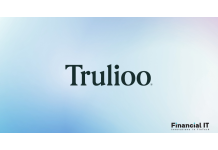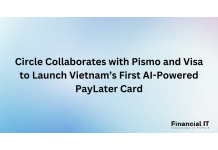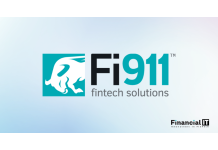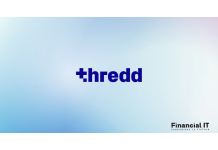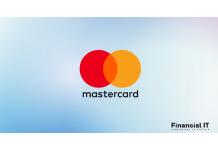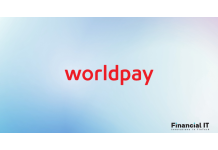Quality Automotive Services Increases Employee Tenure...
- 05.12.2025 10:30 am
Trulioo Joins Google’s Agent Payments Protocol (AP2)...
- 05.12.2025 09:45 am
Klarna Launches Premium And Max Memberships In The U.S...
- 05.12.2025 09:45 am
One Inc Partners with Benekiva to Deliver Fully...
- 04.12.2025 03:15 pm
QuickBooks Payments Launches, Helping Customers Get...
- 04.12.2025 03:05 pm
Circle Collaborates with Pismo and Visa to Launch...
- 04.12.2025 12:15 pm
Cumbuca Launches Fast-Track Payments Initiation Access...
- 04.12.2025 10:15 am
Flywire Expands Partnership with TenPay Global to...
- 04.12.2025 08:45 am
Fi911 Launches ResolveLab, a White-Label Disputes-as-a...
- 04.12.2025 08:45 am
Thredd Powers Successful Migration of BigPay’s Card...
- 03.12.2025 02:45 pm
Six Payments Trends for 2026
- 03.12.2025 09:50 am
ClubManager Accelerates UK Expansion with Worldpay’s...
- 03.12.2025 09:45 am

